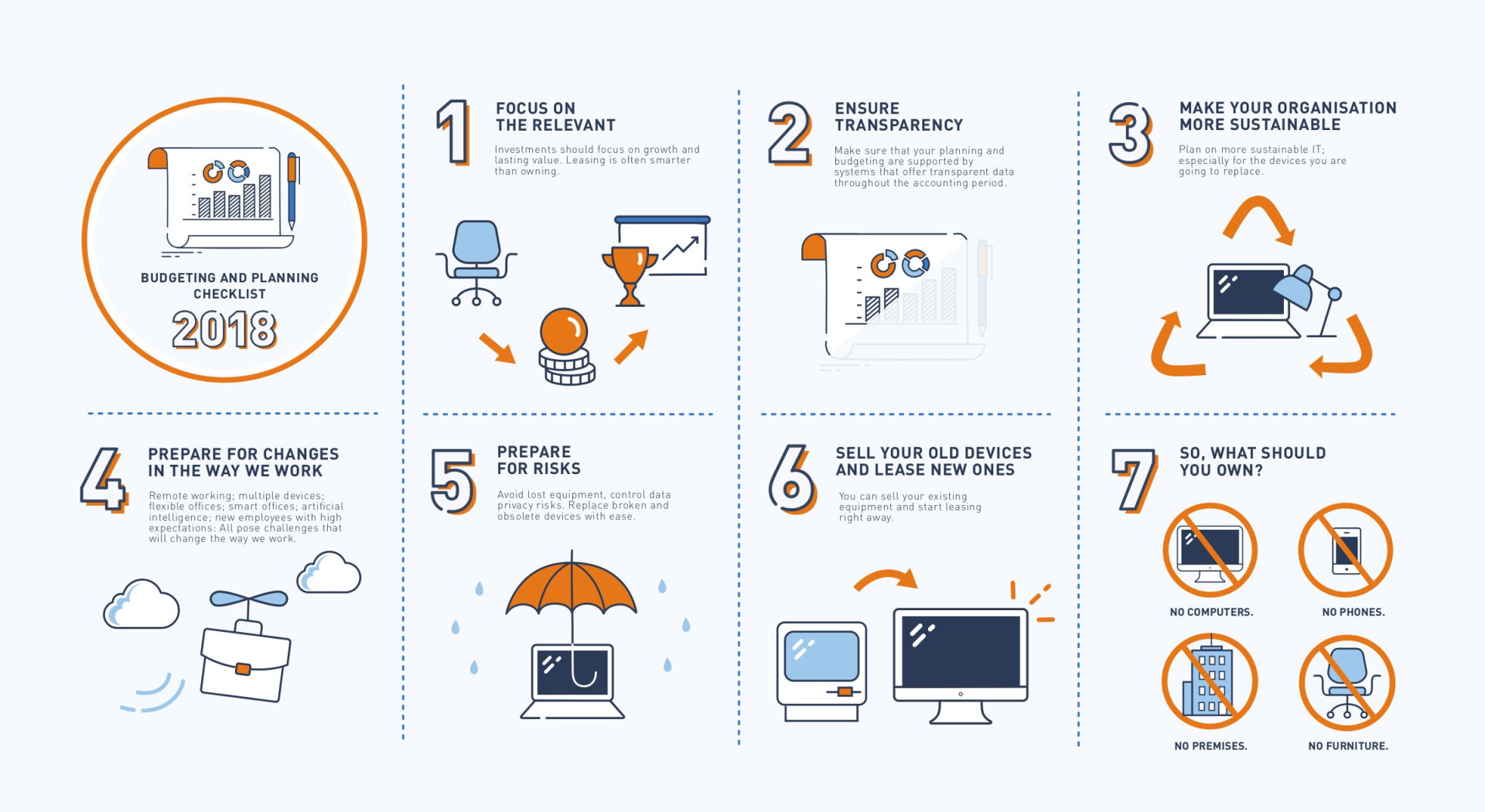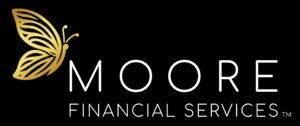
Here, the goal is to create savings from budgeting your income; the emergency savings should ideally be equal to at least three months your living expenditures. What’s important is that you should steadily put a certain amount of money aside, and only use it for real emergencies. Not like an investment, the success of ones long-term savings funds does not really count on the amount of return or interests but on placing a fixed amount of money away constantly and steadily so to have immediate access to it at all times. In spite of ones financial status, the initial step in the process of constructing an emergency fund is by knowing where your money is presently being consumed or spent. When one recognizes and determines where ones earnings are spent, then it will be easy for one to choose and make a decision where to trim down expenses. In other words, budget. Budgeting is putting or setting aside money for anticipated and unanticipated future use. It is here that one sets up a goal so as to save. So set an emergency fund as your goal. Checking, savings, money market accounts and certificates of deposits, are great places to keep ones cash that might be needed on quick notice. The amount saved from budgeting can either go to your savings goal, emergency fund or both. One could utilize the money saved from budgeting financial expenses by saving half of it to your savings account and half of it for emergencies. This way, you achieve your goals in savings and at the same time put in funds for emergency use.
The budget screen shows your financial information for the current month using three columns; Budgeted, Spent and Balance. The “Budgeted” column will be filled in manually by you. As you enter an amount for each category it will be deducted from that months money available. The second column “Spent”, will be filled in automatically as you assign categories to each transaction in your register. The last column “Balance” will show you how much under or over you are for that budget category. The YNAB report screen will give you a graphical representation of where you stand. This screen allows you to easily see how much money you are spending each month and your current balance for each budgeting category. There are other personal finance programs. For a reasonably priced Quicken Alternative or a MS Money Alternative, YNAB is the solution for you. Most programs have too many bells and whistles distracting the user from the budgeting basics. YNAB uses a proven methodology making budgeting simple and easy to stick with. If you have had trouble creating or sticking to a budget in the past, give YNAB a try, it worked for me.
It would far to say, that people do not fully understand how much they spend until they understand how much they spend. That may sound a little strange but if you read it again and think about it, it does make sense. If you don’t sit down and complete a budget, how do you really know where your money is going every pay period? Do you really know how much you’re saving or more importantly whether you’re spending more than you earn? How many people get to the end of their pay period, “hanging out” for their next pay day – this is not a good way to live your life and will mean you will continue to be controlled by your finances instead of controlling your finances. People who are financially successful in life usually have strong control over their finances and understand how they spend their well earned money.
If you don’t plan for these things, when they inevitably come up, you can easily get discouraged and abandon your budget. Often this causes people to live off of credit. This is a fatal mistake in wealth building and a topic that I will cover in a later segment. Another thing to consider in your planning is what you are going to allow for discretionary spending. This is another landmine that chips away at wealth if left unchecked. It’s extremely easy to spend money on lunch, coffee, and all those little expenses that don’t seem to be that much, but can add up to a huge chuck of your net income if you don’t plan them well. I recommend setting a weekly “allowance” for yourself and factoring that into your budget. There may be weeks that you exceed that allowance, but at least you make a conscious decision to do so and it triggers something in your mind that you’re spending more than planned this week. That may make the difference between whether you get a large latte or a small. These things may seem minuscule, but over time they can make a staggering difference! Assignment: Think about your spending habits. Do you truly plan your spending or do you just spend what you have until the money’s gone then wait for the next paycheck or do you actually have a written out budget? If you don’t have a written out budget, no worries! We’ll take a look at creating a budget in the next segment. Please join me for that.
Small corporations also put you at a risk with the death of the owner or the company going into losses. This insecurity demands caution to save for spending during such periods when you are caught unaware, with an emergency fund coming handy. With useful tools like spreadsheet that help account for expenses and income earned make the budgeting much easier. A look at the spending helps avoid unnecessary expenses to budget and save in future. If you are interested one can easily learn budgeting. So if you say I dont know how to make a budget, it shows your level of interest and willingness to save for a secured future. However your ability in meeting high bills and other unpredictable expensive events like life threatening accidents, or a major surgery without experiencing shortage of money may not be always true. So better save and be prepared to face unpredicted contingencies and then use the savings for something else that you may consider desirable.
